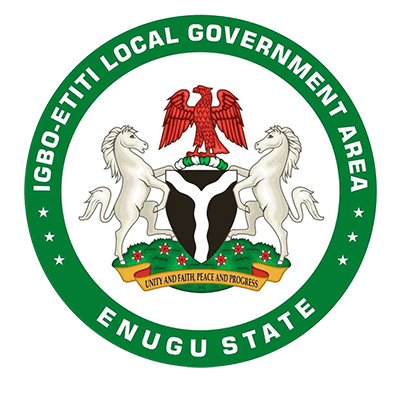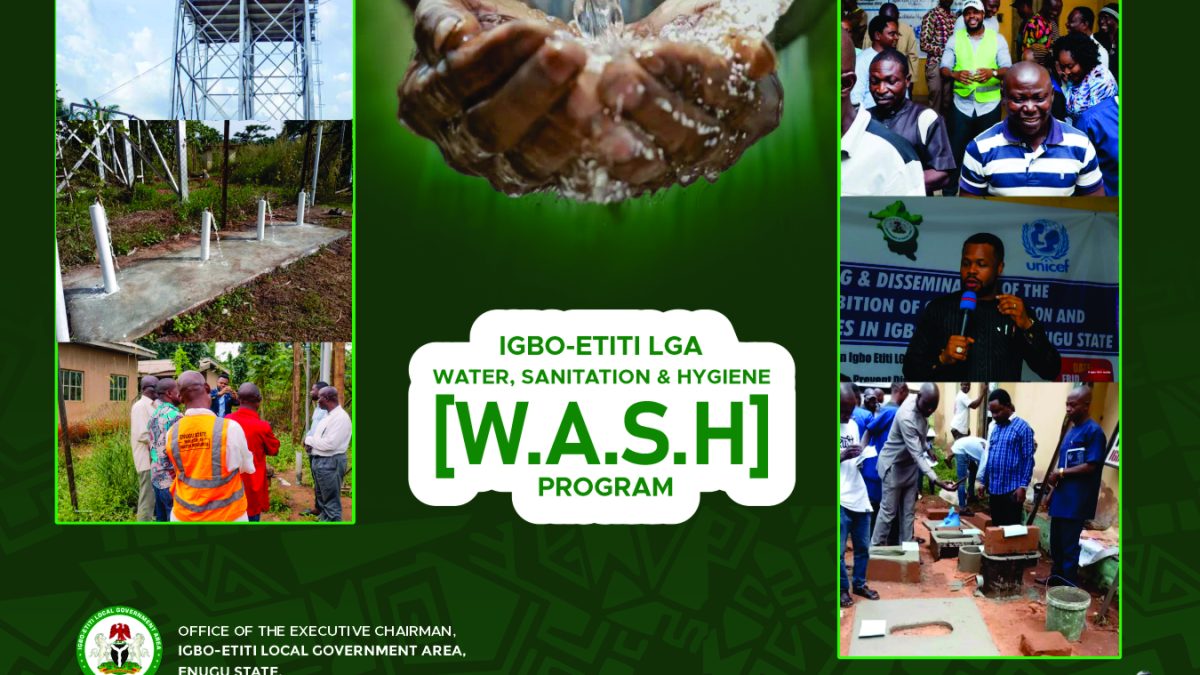
IGBO-ETITI: NWODO SWEARS IN NEW APPOINTEES, SAYS TEAM WILL BRING PROGRESS TO LGA
September 30, 2022
Inauguration the Igbo-Etiti Rapid Response Squad
October 20, 2022Water is an essential natural resource, but so are healthy sanitation and hygiene practices essential to mankind.
It is on this note, that the government of Igbo-Etiti LGA, in collaboration with international donor agencies UNICEF and WATER AID, embarked on the ‘W.A.S.H’ (water, sanitation, and hygiene) program in the council area.
The program which is in 3 parts (water, sanitation, & hygiene), is aimed at establishing a comprehensive and sustainable system of delivering potable water & sanitary facilities as well as instituting/engraving best practices in hygiene and sanitation.
The program aims to build/resuscitate 40 borehole facilities, and ensure that water facilities e.g., boreholes, reticulation pipes, etc are provided and functional.
Specific attention is given to sustainability by ensuring that community water supply management teams and local-level mechanics/repairers are set-up, trained, and equipped to manage the facilities.
On sanitation & hygiene, the program’s objective is to make the LGA open defecation free by the end of 2022.
It aims to ensure that every household, every public institution (schools, health centres, etc), and every public place (markets, parks, etc) has a functional toilet system and that residents have adopted best practices in sanitation and hygiene.
To that effect, various needed steps have been taken to actualize these plans.
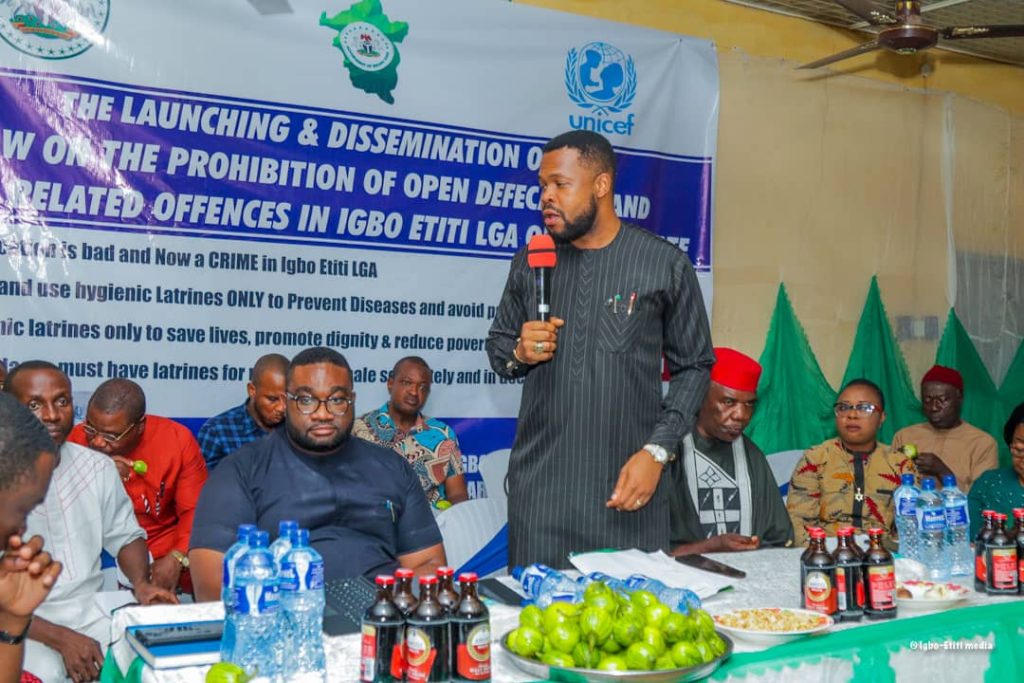
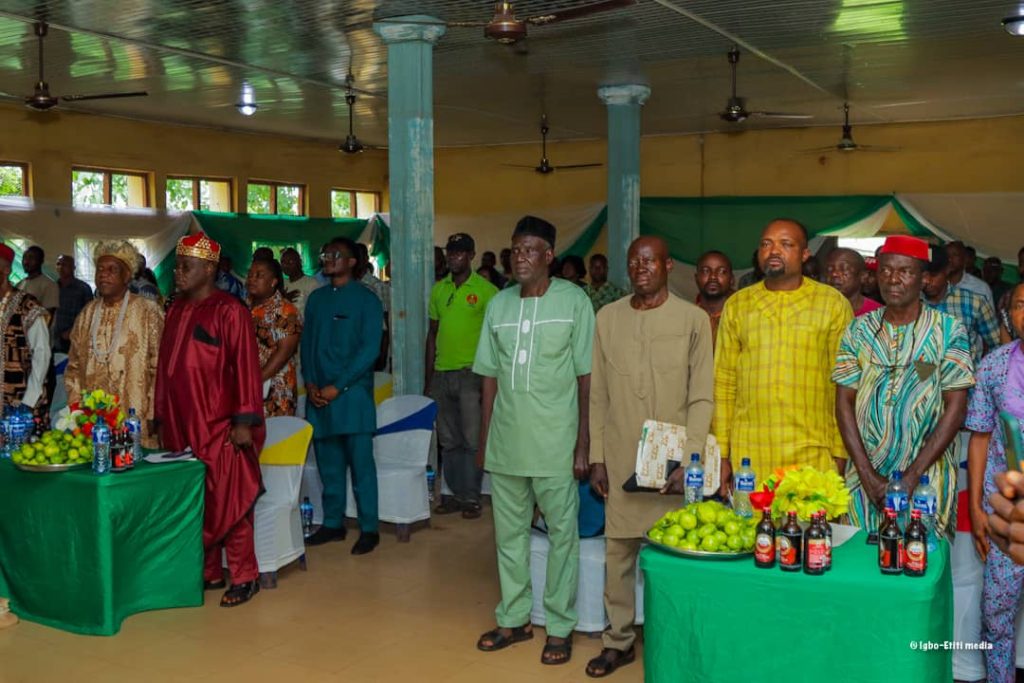
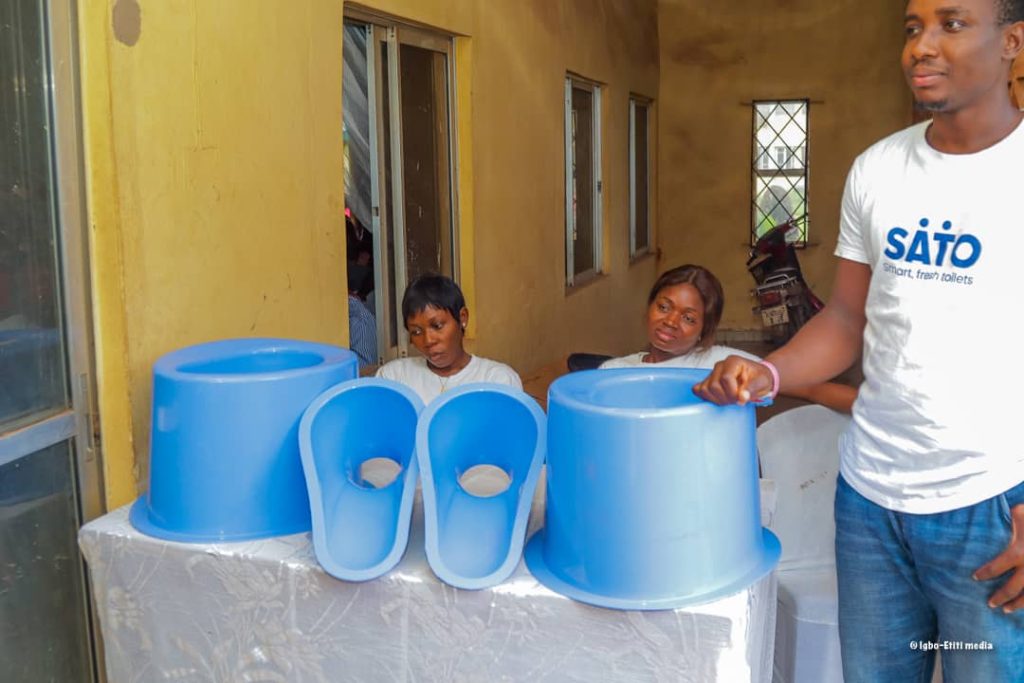
Among these are:
SANITATION & HYGIENE:
(1) Baseline assessments: large swathes of data was collated, analyzed, and developed into a global standard baseline report.
The baseline report gives information on the LGA population, current available facilities, vulnerabilities, infrastructure, and information on access to basic sanitation.
(2) Trainings: Following the baseline report, LGA WASH units were set up and training began on specific thematic areas, roles, and responsibilities on how to establish and train community-level WASH institutions. Training was aimed at strengthening systems and developing the capacity of institutions at the community and LGA levels.
(3) Public awareness campaigns: The awareness campaigns were achieved across communities, through the help of the local government, community leaders, PGs, and key stakeholders.
The communities were grouped into smaller portions, to carry out effective behavior change communication campaigns.
(4) Community-led total sanitation: The communities were gathered into 299 smaller units to sensitize them on general hygiene and sanitation issues in their communities.
This led to the establishment of the community-level institution called ‘WASHCOMS’ (water, sanitation, and hygiene committees), geared towards getting the communities to understand the need to adopt proper sanitation and hygiene practices.
(5) Passing a law for the prohibition of open defecation:
In providing healthy living environments for the people of Igbo-Etiti LGA, laws were put in place by the LGA government, to govern the hygiene practices in the council area.
Consequently, provisions have been made by the LGA government, for basic water supply, sanitation, and hygiene services at various social facilities and public places such as schools, hospitals, and parks/markets.
A special taskforce on enforcement has also recently been set-up and equipped to enforce the laws on open defecation and hygiene practices
(6) Entrepreneurial training on Sanitation Marketing for TBOs (toilet business owners), and MASONS.
The objective of the training is to build the capacity of Toilet Business Owners and Masons on entrepreneurship developmental skills and expose them to various toilet construction technologies using the “Water Easy Toilet”.
Participants drawn from all the 20 wards of the LGA were trained to construct models on the sanitation marketing smart toilet platform and also to effectively market their products and services in an affordable, profitable, and sustainable manner. It is expected that with support and monitoring from the state and local government, those trained will go back to their various communities and trigger the adoption of improved sanitation resulting in all households using decent toilets.
WATER:
Facility Assessment: The Igbo-Etiti LGA-wide assessment of water facilities came back with results of over 40 facilities, with majority of them broken down.
The prevailing problems found, were poor facility management, lack of technical capacity to fix them, and lack of security around the facilities, leading to, and resulting in theft.
With the knowledge of the assessment, it was understood, that while the construction of new boreholes is important, fixing the non-functional existing ones, was also quite necessary.
This led to the enforcement of the Village Level Operation and Maintenance Strategy, to ensure that these facilities remain functional, and a way for the facility to pay for itself; for operation and maintenance, put in place.
Training:
Training programmes have begun to recruit and train facility operators, and community management teams.
3 boreholes currently under rehabilitation are: (Ezi Ukehe, Ohodo, and Ogbede Health Centre), as part of phase 1 of the Igbo-Etiti WATER 4 ALL project, under the WASH program, aimed at providing adequate water supply in the council area.
In summary, the water supply plans include:
- The establishment of a functional community water supply management teams, with LGA-level mechanics/repairers and community-level facility caretakers. This move will not only solve the water challenges in the council area but also provide jobs for the locals.
- The development of cost-effective rehabilitation, operation, and maintenance systems for the non-functional facilities. The plans for this include the use of full-capacity solar, medium-capacity solar, and generator powered borehole schemes.
- Classroom training of management staff, and local area mechanics (LAMs)/repairers as well as field practicals of LAMs and facility caretakers.
- Provision of basic tools and safety kits for selected local area mechanics.
- Provision of equipment and supplies for field demonstration and repairs.
- Development of community water safety plans, and village-level operations and maintenance units, amongst many others.

